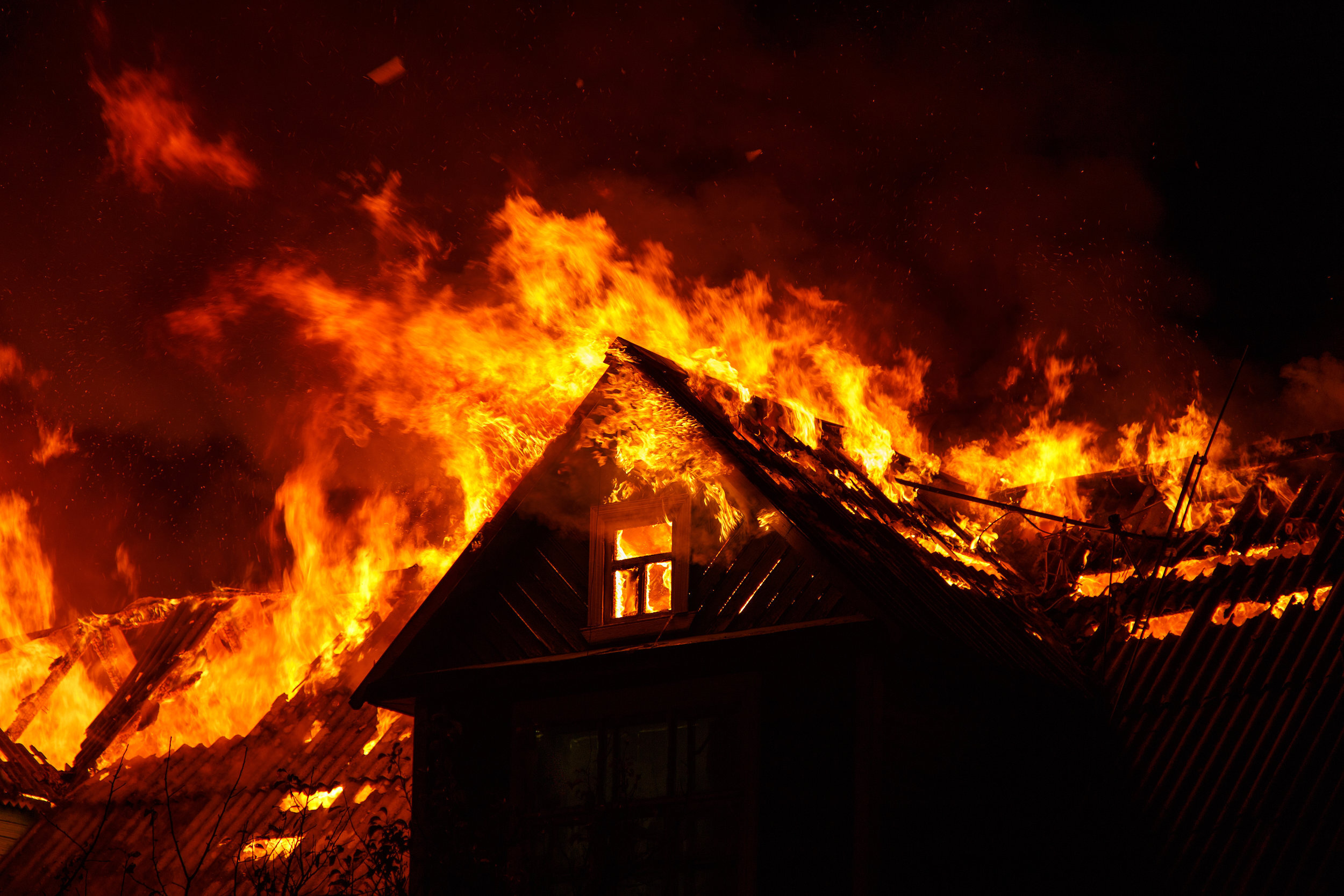
The Arsonist
After fifteen years working in East Africa, Frankie Rowley returns to the New Hampshire village where her family has always spent their summers. But the tranquility she’s expecting proves short lived when, on the very night she arrives, a mysterious arsonist begins targeting the homes of other summer residents. As this seemingly idyllic community becomes increasingly on edge, Frankie also has to deal with her father’s declining health—and begins a passionate affair with the editor of a local paper that will yield its own remarkable risks and revelations. Suspenseful, sophisticated, and finely wrought, The Arsonist is an artfully nuanced and deeply emotional novel about a family and a community tested, about how and where one ought to live, and about what it means to lead a fulfilling life.
“Affecting. . . . Ambitious. . . . [Told with] humor and real sweetness. . . . [Miller] demonstrate[s] that domestic fiction needn’t be domesticated.”
— Washington Post
“A page-turner. . . . Miller excels at portraying the ways in which people connect, and just miss connecting.”
— Chicago Tribune
“Full of Miller’s signature intelligence about people caught between moral responsibility and a hunger for self-realization.”
— The New York Times Book Review
Buy The Book
Excerpt
The seventh fire began on the front porch of the Froelichs’ house. It consumed the rug that sat just outside the door for people to wipe their feet on, and then a rag rug that sat just inside, redundantly — both of them soaked with the lighter fluid that had been squirted around on the porch and through the gap underneath the door. Inside, the fire hesitated a bit, licking the drops that had sprayed out beyond the doormat, and then it leapt over to the larger straw rug that sat under the living room furniture. It ate this slowly and then began hesitantly on the couch, producing mostly just a slowly thickening, dark, roiling smoke.
There was a second fire at work in the dining room, started soon after the first. It flared up at the windows, where the fluid had been splashed in through the screens – the Froelichs had forgotten to close those windows in their rush to get to a dinner party they were late for. She had been angry at him because he’d come home messy and well past the hour he’d promised to return, wanting to show her the fish he’d caught; so the windows were, as she explained later, the last thing on her mind. She’d done well to remember to shut the dog into the little study under the stairs where he stayed when they were out — though she came to regret that deeply, since that was where he suffocated.
The fire rode the sheer dining room curtains to the ceiling, where it turned, flattened against the plaster surface and made its way sideways, searching out the oxygen at the open stairwell, beckoning the living room fire to follow it. It rushed up the stairs, lighting the curtains at the staggered windows in the stairwell that looked out over the Froelichs’ driveway to the dirt road in front of the house.
Where Franklin Goodyear, known to the teenagers in town as the Goodyear blimp, was driving by on his rounds as a volunteer patrolman and saw it. He stopped his car, got out and walked up toward the house and the flames flickering in the stairwell windows. He stood there stupidly for some seconds – he’d never seen a house burning before, and it had, he thought, a certain beauty — and then turned and ran back, drove fast to the next house down the road, the Edmonds’. He drove directly across their lawn to the back door and banged on it. Margaret Edmonds heard him, though Shelley did not, something that confirmed for her again that he was going deaf. She stopped briefly at the hall mirror to pat her hair in place, and went to the door. When she opened it, Franklin Goodyear gestured wildly. “Your phone, your phone, your phone. Where is it? There’s another fire!”
